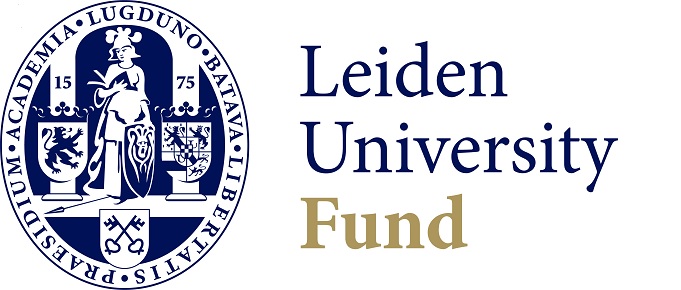
From surviving to thriving
Thanks to medical innovations, more children are recovering from serious interventions such as heart surgery or stem cell transplants. A remarkable achievement, but for eight out of ten children and their families this has a lasting medical and psychosocial effect. Paediatric haematologist Anne de Pagter and paediatric cardiologist Arno Roest want to research how support for these children and their families can be improved.

What problems do children face after complex treatment?
Roest: ‘Many children experience significant long-term effects, including anxiety, trauma or grief. They may struggle to keep up at school, participate in sports or later, maintain a job. These challenges often affect parents, often leading to relationship problems or divorce.
‘That’s why we need to look beyond the medical aspect and prepare children and their parents early on for what lies ahead, so they know where to turn if problems arise. We can then offer support through psychologists, child life specialists, healthcare providers and assistance at school.’
Why is the LUF Children’s Fund supporting this project?
Roest: ‘Leiden University is now 450 years old and has long played a pioneering role in paediatric care – from the first heart surgery and in utero interventions to Europe’s first stem-cell transplant. There’s a strong historical link between medical innovation and helping children live longer. We are now taking that a step further by focusing on improving their quality of life.’
De Pagter: ‘That hasn’t received much attention, so we want to conduct thorough research into the most effective interventions. Alongside life-saving treatments, we want to ensure children enjoy a good quality of life. A crucial part of this is listening to what children have to say.’

Why is that so important?
De Pagter: ‘I’ll give a real-life example: children with hereditary blood disorders often undergo high-dose chemo. This leaves many of the teenagers I see at my outpatient clinic with permanent bald patches. They tell me this is “the worst thing” about the treatment, but it’s not mentioned at all in medical evaluations. Once we began documenting this, the treatment was improved and children are no longer left with these bald spots.’
What role does collaboration play in your research?
Roest: ‘We’ve got so much knowledge across the different faculties in Leiden. This project will bring that expertise together. I myself am a paediatric cardiologist, and we’ll be working with disciplines ranging from pedagogical sciences to children’s rights. We need to bridge the gap between clinical practice and academic research.’
What are you looking forward to most?
De Pagter: ‘I’m looking forward to the day when children can say after treatment: “It made me better” rather than “I’ve been left with lasting effects”. We want to build a future generation that can fully participate in society.’
Anne de Pagter and Arno Roest are researchers on one of the three projects that we aim to support through the LUF Children’s Fund. Donate to lufkinderfonds.nl and help make their research possible. Together, we can help children grow into resilient adults.
This article previously appeared in the LUF magazine.
